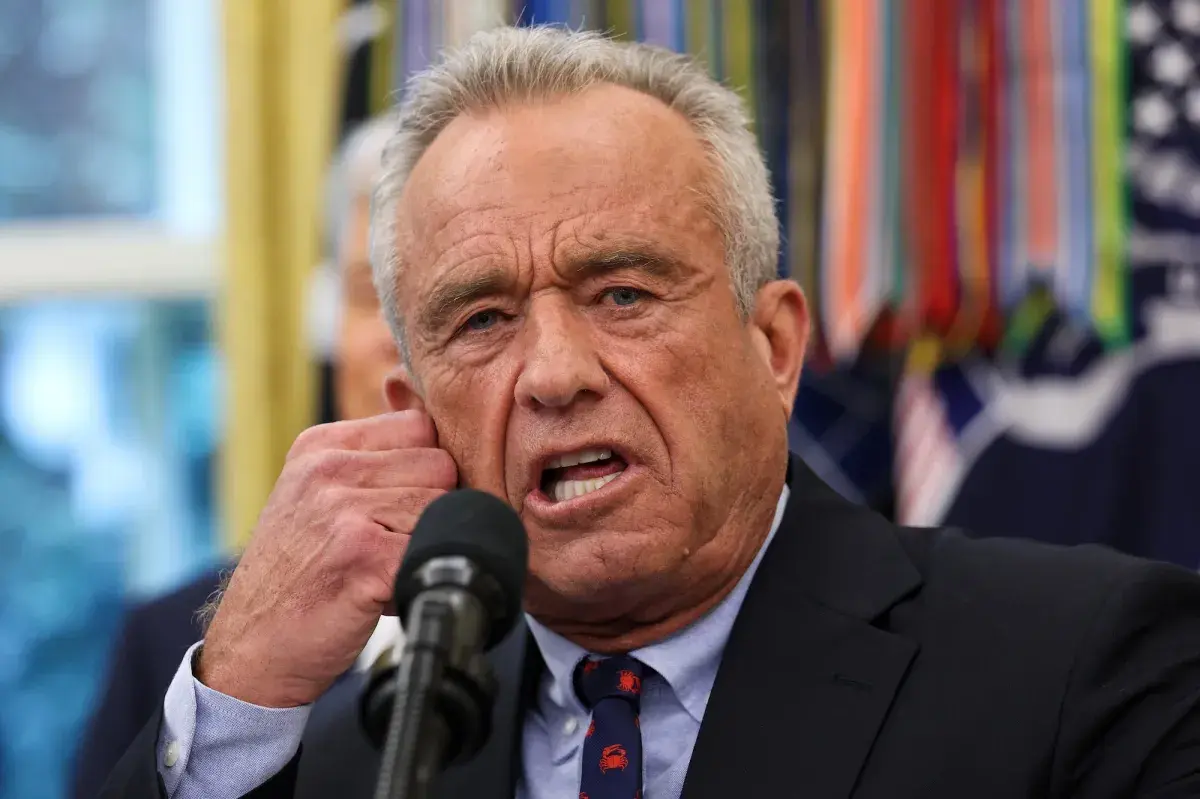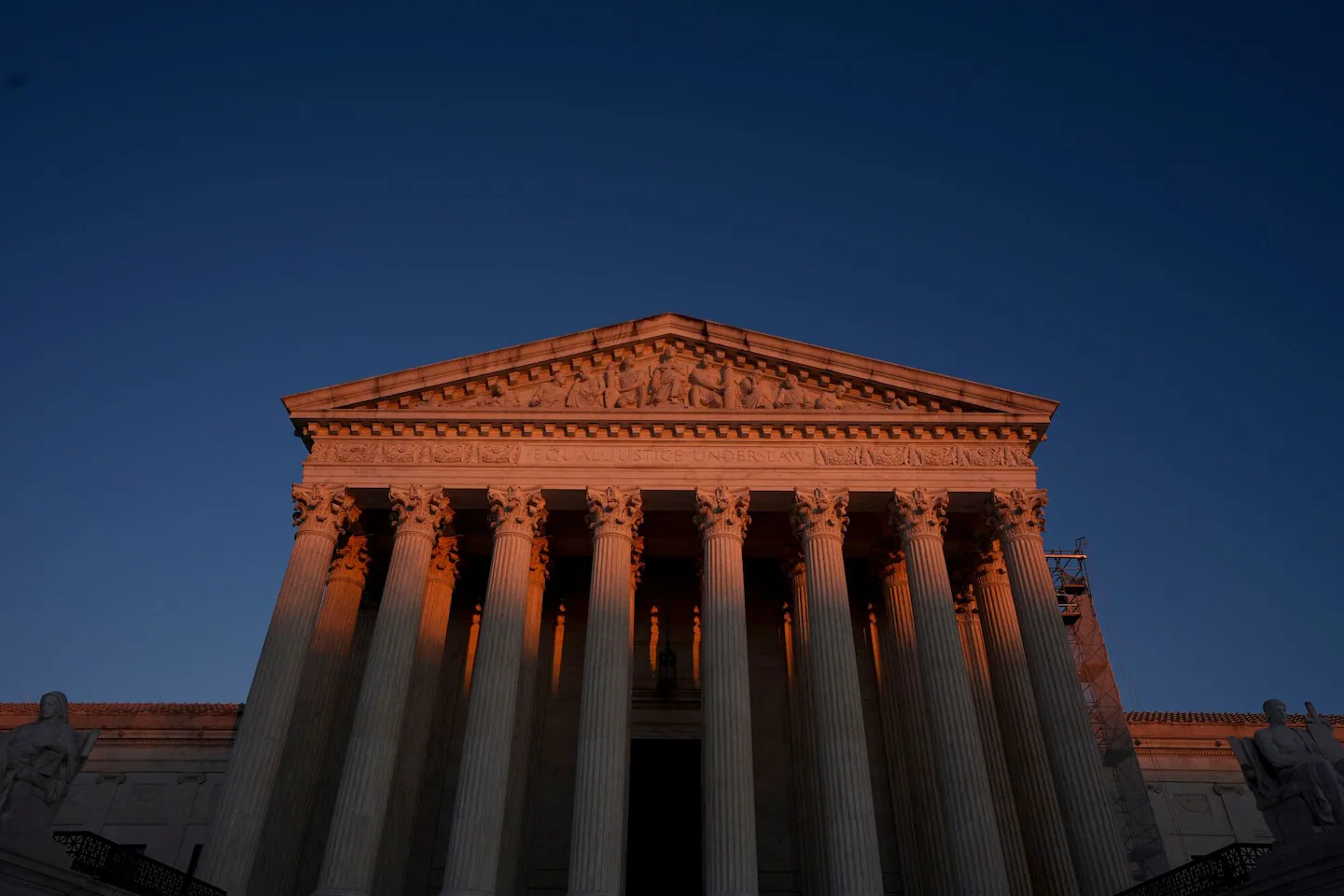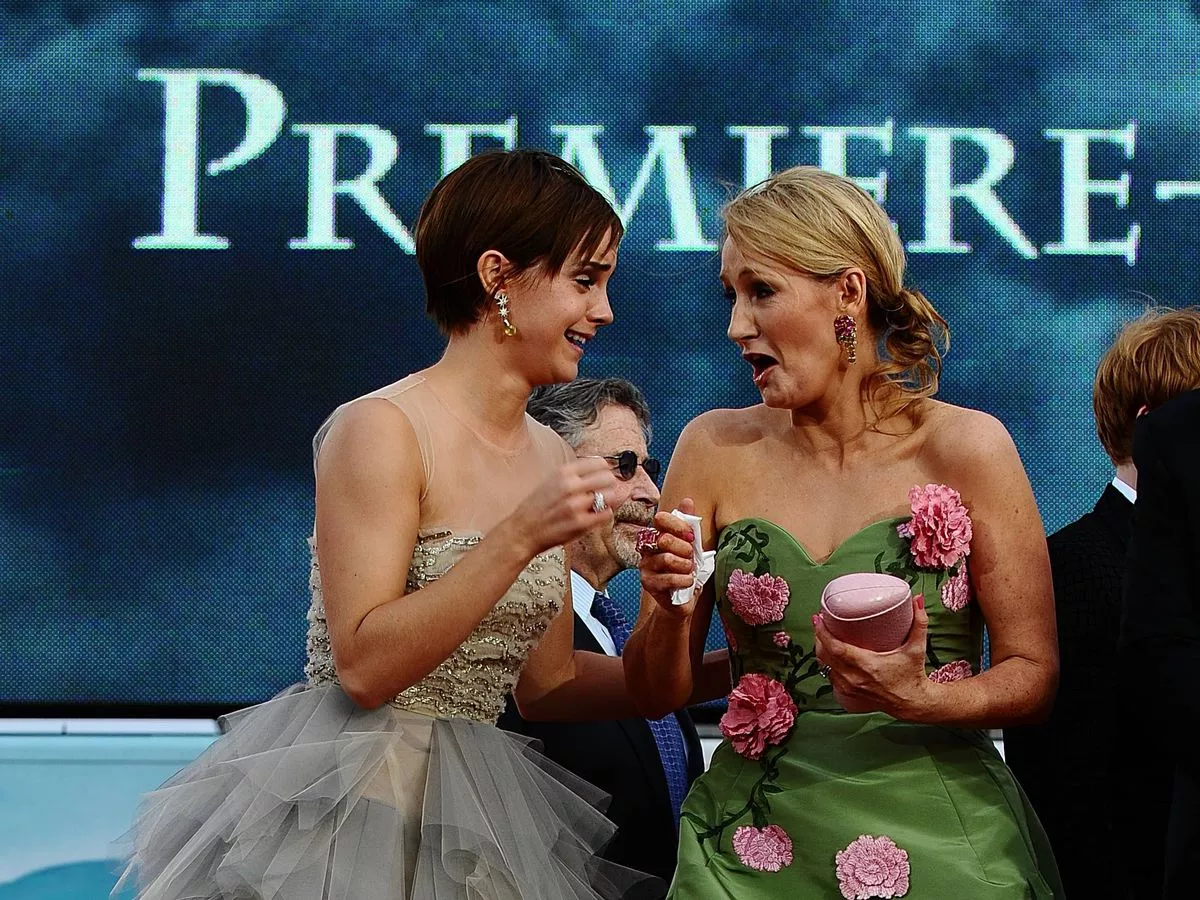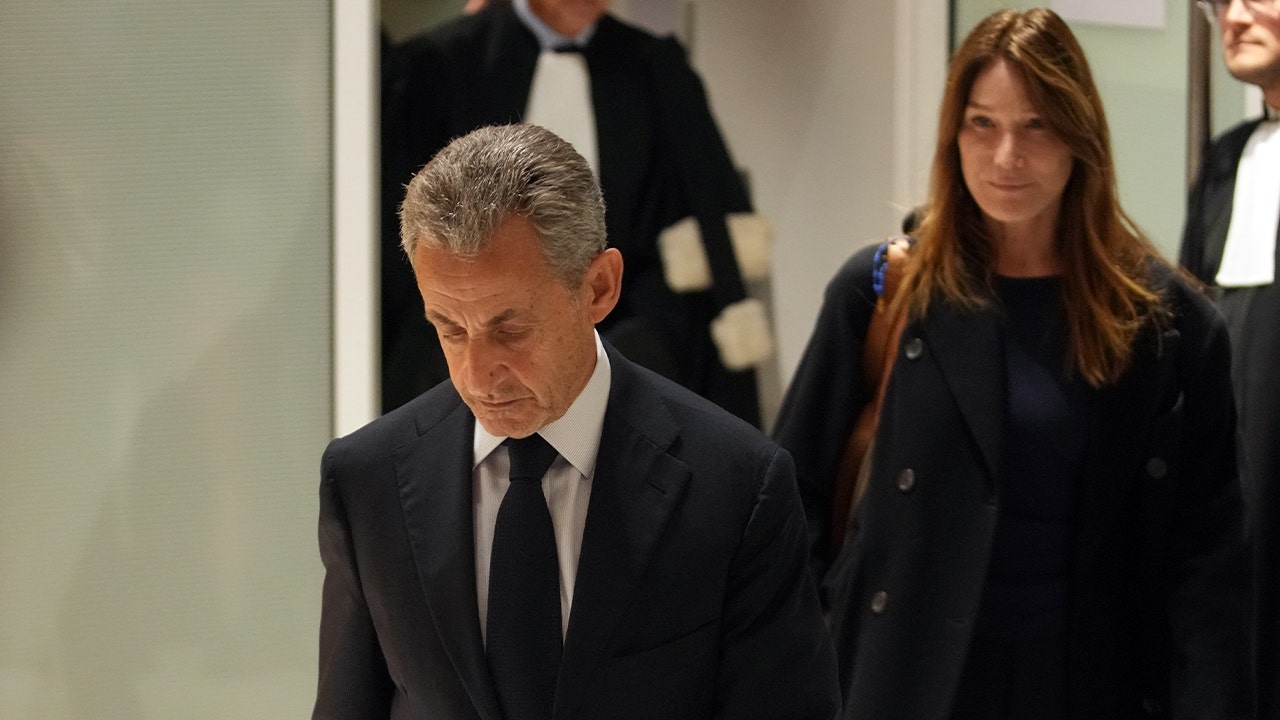
Eight years ago, I knew very little about the autism spectrum. I was forced to learn quickly when my son was diagnosed with Autism Spectrum Disorder at the age of five. My son was very precocious. He spoke early and often, forming complex sentences before most kids were stringing a few words together. This helped cover up so many of the signs we missed, especially as first-time parents who didn’t know what was “normal” for a kid at any stage of development.
My son couldn’t handle transitions, which prompted major meltdowns no matter the preparation or the situation. His anxiety was so intense that if anything happened during the day that didn’t go according to plan or the schedule (which is how life goes, every day), he’d have the toddler equivalent of a panic attack. His social interactions were stunted and he often seemed like he was continuing parallel play long after kids transitioned to interactive playing.
He quickly learned to dive into the things he enjoys—devouring facts about animals, anything that flies, his vegetable garden, Harry Potter, and Taylor Swift. And I quickly learned to dive into the world of parenting a child on the autism spectrum.
Health and Human Services Secretary Robert F. Kennedy Jr. is right to point out that more kids are diagnosed with autism today than decades ago. As this Yale Medicine article notes, the same is true for adults too.
Understanding why isn’t rocket science, but it is science.
Kids with autism have always been here—it’s probably the kid who was the “problem child” in your elementary school class. Autism isn’t new, but as Johns Hopkins University researcher Christine Ladd-Acosta explains, greater awareness and increased screening have led to more diagnoses. Thanks to significant scientific advancements, we’ve learned a lot over the past few decades.
According to Autism Speaks, a leading autism advocacy group, “autism refers to a broad range of conditions characterized by challenges with social skills, repetitive behaviors, speech and nonverbal communication.” It looks different for everyone. Autism isn’t the flu or cancer—it’s not something you can prevent or cure. Approaching it in those reductive terms isn’t helpful. It stymies our ability to understand where we are today and where research is headed.
Simplifying autism to a single cause also overlooks significant research into the important role genetics play into neurodivergent diagnoses (like Autism Spectrum Disorder, ADHD, and dyslexia, to name a few). Genetics can be tricky—both my husband and I are lefties, yet our son is a righty! And, after learning more about our son’s diagnosis, the reality is there are several members of both of our families who are likely on the spectrum or suffer from a related diagnosis. They’re adults now, but they suffered immensely as children when they were trying to fit into a world that didn’t understand or appreciate them.
There are many things one could say about parenting a child with autism. For starters, it’s hard. Really hard. We can use medication to treat symptoms like anxiety, hyperactivity, and depression, which neurodivergent children often suffer from, and that’s incredibly helpful.
Second, I learn a lot from my son on a daily basis. His mind works totally differently than mine. He thinks in numbers and science—and I definitely do not! He looks at a motor and wants to understand how it works. He’ll take it apart and piece it back together; I accept that the motor works and am very comfortable not asking why. Having people who think differently is incredibly important. My son is a future engineer, or maybe an entrepreneur—he got kicked off the bus in Kindergarten for starting a bubble gum trading ring, his coping mechanism for controlling social interactions.
Do I wish I could make life easier for my child? Of course.
But Secretary Kennedy’s focus on identifying causes of autism creates false hope and risks setting the scientific community’s research back decades. He’s creating a false sense of control for future parents—that if the mom needlessly suffers from a headache or fever because she refuses Tylenol she can prevent autism, or that rejecting vaccines and risking measles is a better alternative. Neither of these are true, and both set parents up for a devastating clash with reality if their child is diagnosed with autism down the road.
We should be proud of how much we’ve learned and use it as the foundation for the next several decades of research. I have no doubt that what we know today will look rudimentary 50 years from now. But that’s the beauty of science.
Hayley Matz Meadvin is the mother of a son with autism.
The views expressed in this article are the writer’s own.



